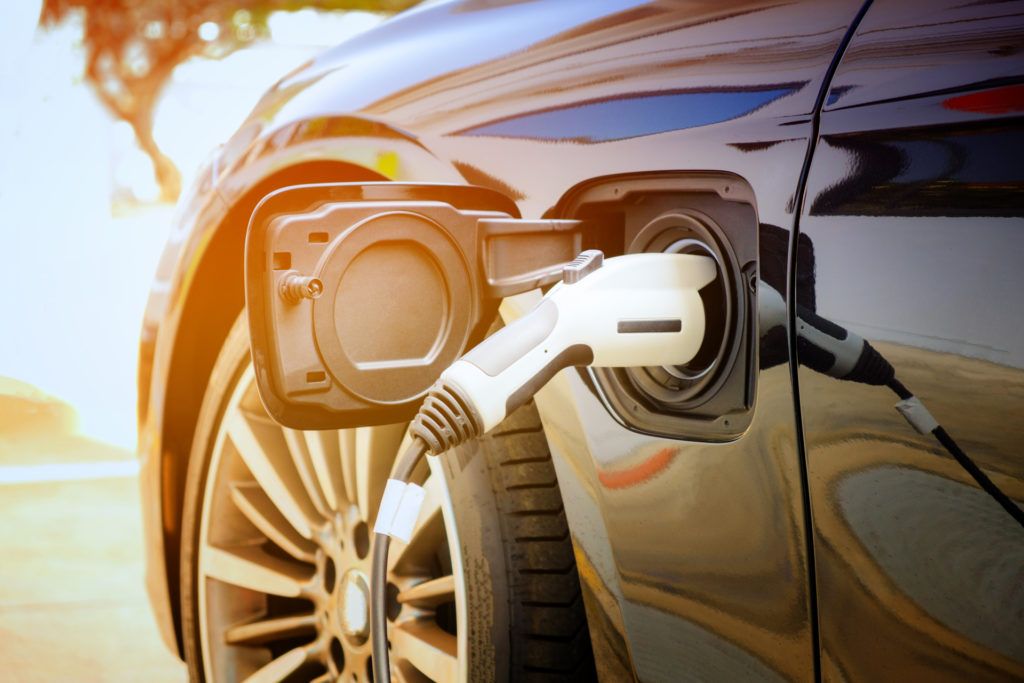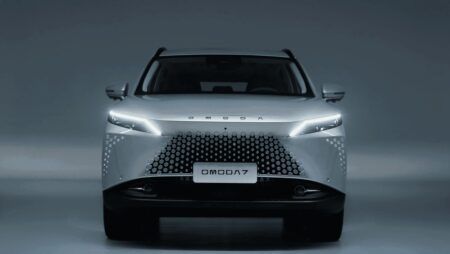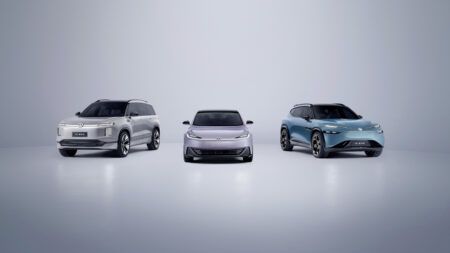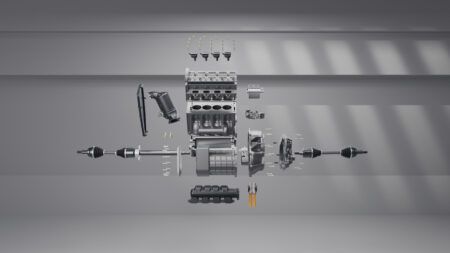The Motor Ombudsman, the Ombudsman dedicated to the automotive sector, has reported a small rise in the volume of complaints submitted by consumers about an EV during the second quarter of this year. Between 01 April and 30 June 2023, motorists logged a total of 291 cases with The Motor Ombudsman’s Alternative Dispute Resolution (ADR) service, surpassing the previous tally of 273 in the first quarter, highlighting the continued positive overall ownership experience for most EV buyers and owners.
Although they continue to make up a very small proportion of EV disputes, batteries have driven a slight rise in complaints, from 4% in Q1 to 6% in Q2, which was mainly the result of hardware faults. In contrast, falling back from 12% of complaints in the first three months of 2023, to just 6% in the second quarter, has been in relation to the delivery of actual versus advertised range – a key requirement for EV adopters. Whereas complaints relating to distance travelled on a full charge were much more prevalent at the beginning of the year, as the country experienced periods of colder weather, these have subsided with the arrival of spring and summer. However, cases remain from customers deeming to have been mis-sold their vehicle, as their usage has not achieved manufacturer-quoted range figures from their perspective.
Overall consumer concerns in relation to the customer service received from a business, and at the point of buying an electric vehicle, continued to be the main source of discontent during the past three months, accounting for 31% of complaints logged by motorists (down slightly from 32% in the first quarter of this year). Examples of issues raised by consumers, included delays to scheduled delivery dates, cars arriving for handover with the incorrect specification due to parts shortages, orders being cancelled without customer authorisation, pre-agreed part-exchange values being changed, and vehicles being registered with the incorrect owner details. Post-purchase issues stemmed from, amongst other factors, service bookings and recall work appointments not being honoured, and the supply of replacement parts being held up for repairs.
“What our latest quarterly data analysis is showing, is that despite the volume of complaints starting to creep up, these still account for less than 1% of overall contacts received every quarter, therefore posting an encouraging picture that the majority of EV owners and buyers are enjoying what is a positive experience, with no major causes for concern,” said Bill Fennell, Chief Ombudsman and Managing Director of The Motor Ombudsman. “The level of service delivered by businesses, and problems encountered at the point of purchase remains a key sticking point for motorists, but there are small signs this is beginning to improve. We will of course continue to keep a close eye on trends that emerge through the rest of this year, to keep industry and consumers informed about what we are seeing on the ground.”
The latest increase may be put down to a greater number of consumers getting behind the wheel of pure battery-driven models, and the cost-of-living crisis driving more individuals to recoup financial losses, as pressures on household budgets continue to build.





